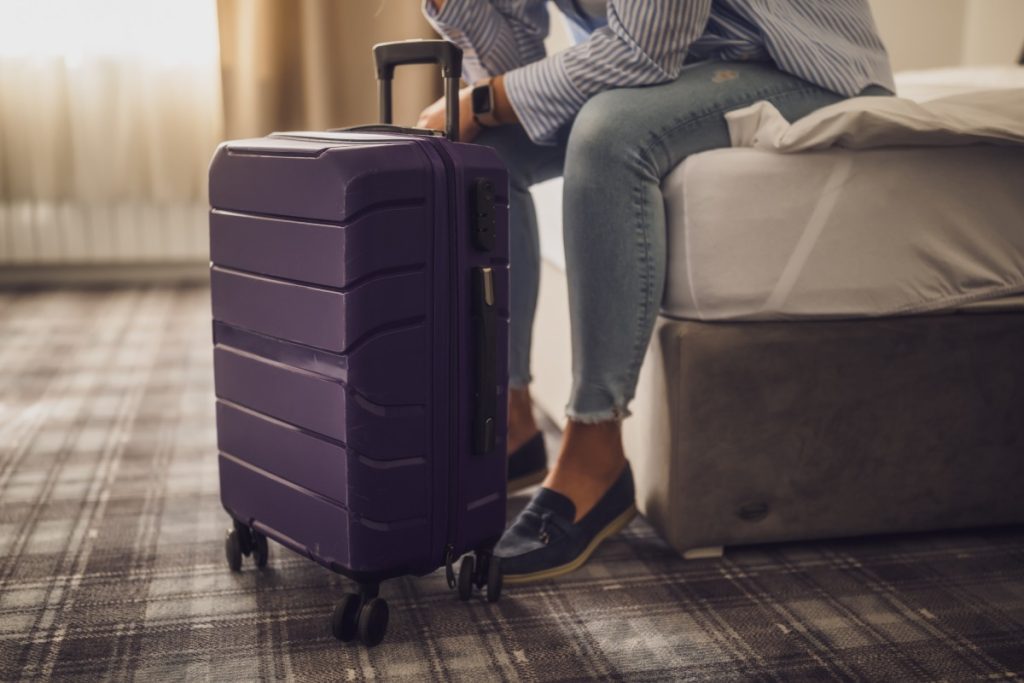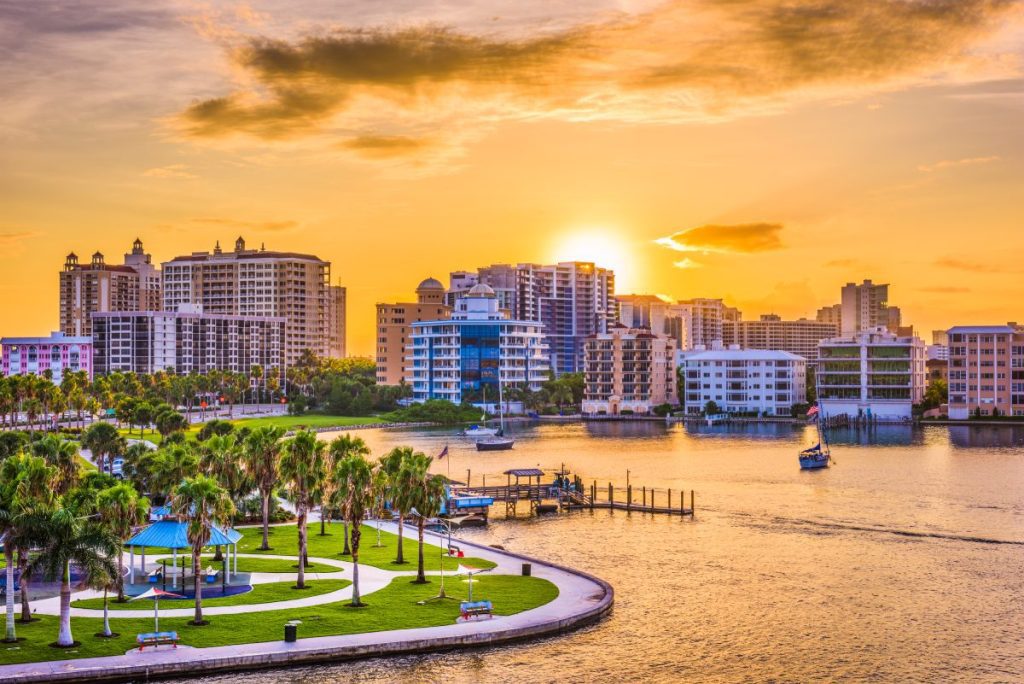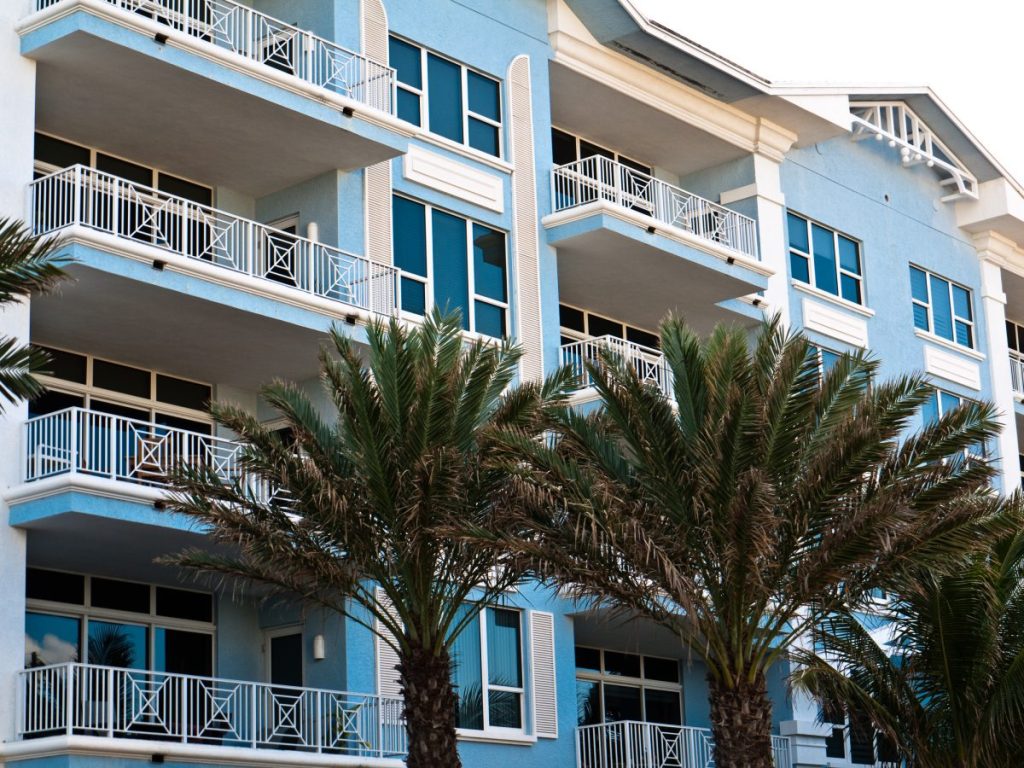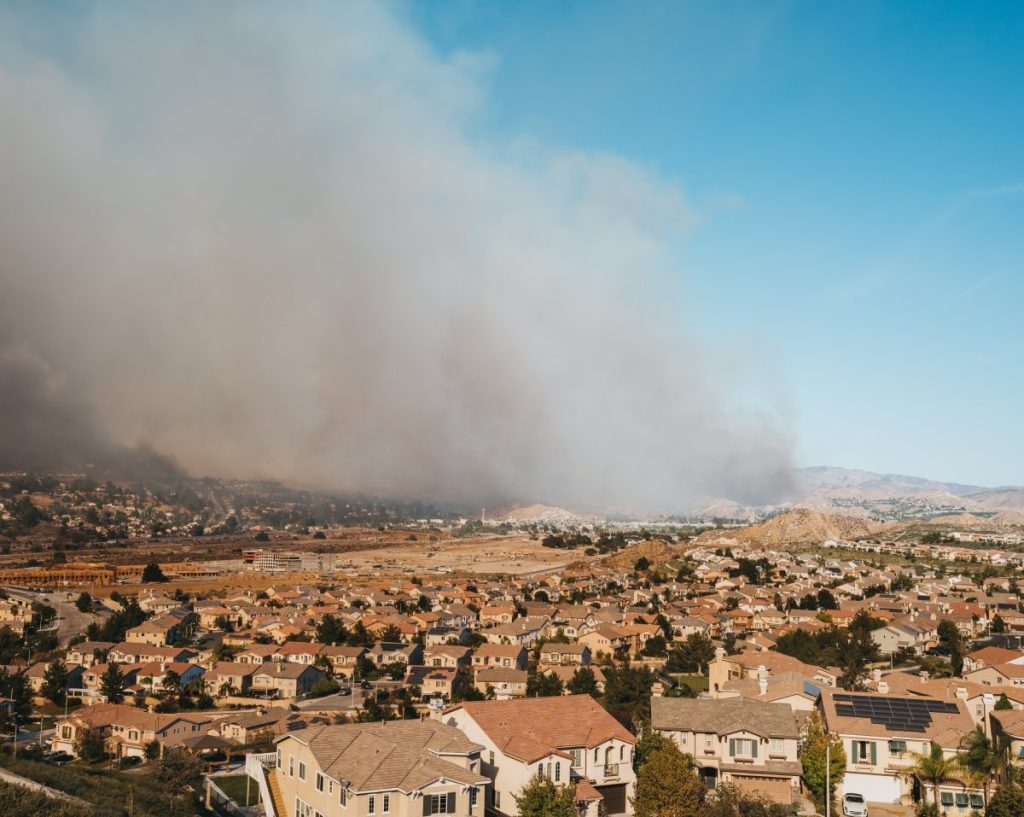A wildfire sweeps through your town, forcing a mandatory evacuation. In the rush to safety, you grab what you can, leaving behind both your home and your small business office downtown. Days turn into weeks, and the uncertainty mounts. Your home is inaccessible, and your business operations have ground to a halt. While you’re grateful for your family’s safety, a new wave of stress hits: How will you cover the cost of a temporary residence? And how will you make up for the lost income from your business?
This scenario highlights a common point of confusion for many property owners who experience a disaster. The term “loss of use” coverage is often used as a catch-all, but it means very different things depending on whether you’re dealing with a personal residence or a commercial property. Understanding the distinction between Additional Living Expenses (ALE) for your home and Business Interruption (BI) coverage for your company is critical. Mistaking one for the other can lead to denied claims, financial hardship, and prolonged disputes with your insurance company.
This guide will clarify the differences between these two essential types of loss of use insurance. We will explore what each policy covers, discuss common disputes that arise with insurance providers, and offer practical strategies for navigating the claims process successfully.
Understanding Homeowner Coverage
When a covered peril like a fire or storm makes your home uninhabitable, your homeowner’s insurance policy provides several layers of protection. While most people focus on repairing the physical structure, it’s the “loss of use” portion that helps your family maintain stability during a crisis. This is typically referred to as “Coverage D” in a standard home insurance policy.
Dwelling Coverage
First, let’s touch on the primary component of your policy: dwelling coverage. This covers the cost of rebuilding or repairing the physical structure of your home, including other structures like a garage. However, it’s important to remember that dwelling coverage only applies to structural damage and does not cover business-related losses, even if you work from home. Be aware of common limitations, such as your deductible and exclusions for events like floods, which often require separate flood insurance.
Contents Coverage
Your policy also includes personal property coverage, which protects your personal belongings—furniture, electronics, clothing, and other valuables. It’s designed to help you replace the items you lost. However, this coverage does not typically extend to business-related equipment. If you run a business from your home, that expensive printer or specialized machinery may not be covered under your standard home insurance.
Additional Living Expenses Coverage
This is the core of loss of use coverage for homeowners. ALE, or Coverage D, is designed to cover the extra costs you incur to maintain your usual standard of living when you’re forced out of your home. It reimburses you for the difference between your normal living expenses and your new, temporary living costs. Keep in mind that it won’t take over your mortgage payments.
Real-world examples of valid ALE claims include:
- Hotel Stays: ALE covers the cost of a hotel room or short-term rental for your family.
- Meal Expenses: If your temporary residence lacks a kitchen, ALE can cover the increased food costs from eating out.
- Pet Boarding: If your temporary housing doesn’t allow pets, the cost of pet boarding can be reimbursed.
- Parking Fees: ALE covers additional parking fees at a hotel or apartment complex.
- Temporary Transportation: ALE covers increased costs for public transportation or a rental car if your commute becomes longer.
But there is a loss of use coverage limit. Most policies cap the coverage amount or limit the duration (e.g., 12 or 24 months). It’s crucial to understand your policy limits to plan accordingly.
What Is BI Coverage?
While ALE protects your personal living situation, BI coverage is designed to protect your business’s financial health. This insurance coverage is a lifeline for businesses when a covered event, such as a hurricane or fire, damages your commercial property and forces a temporary shutdown. Industries like retail, restaurants, and service-based businesses that rely on a physical location are heavily dependent on BI insurance coverage.
BI coverage aims to replace the income your business would have generated had the disaster not occurred. It helps you cover ongoing expenses and keeps your business afloat during the recovery period.
Key Components of BI
To file a successful BI claim, you need to understand what this loss of use covers and what documentation is required.
- Covered Perils and Events: Just like a homeowners policy, BI coverage is triggered by a covered peril defined in your policy terms. If the damage is caused by an excluded event, your claim will be denied.
- Income Loss Calculations: The insurance company will assess your lost revenue based on historical financial data. This calculation includes lost profits and continuing operating expenses, such as payroll, rent, and taxes.
- Extra Expenses: BI coverage often includes provisions for “extra expenses” needed to mitigate your losses. This could involve leasing a temporary office space, renting emergency equipment, or paying for overtime to get operations back up and running faster.
- Documentation: Proving your business income loss is essential. You’ll need meticulous records, including past profit and loss statements, tax returns, revenue forecasts, and client contracts to substantiate your insurance claim.
Homeowner vs. Business Policies
Confusing ALE and BI is a common mistake that can jeopardize your financial recovery. Here’s a breakdown of the fundamental differences.
Coverage Scope
- Focus: ALE is for your private residence, while BI is for your business premises.
- Purpose: ALE covers the costs of personal displacement to maintain your standard of living. BI covers lost income and operating expenses to ensure business continuity.
Policy Limits and Deductibles
- ALE Limits: ALE is often capped at a percentage of your dwelling coverage limit or a fixed time period.
- BI Limits: BI payouts are typically calculated using complex formulas based on your business’s revenue and are subject to their own policy limits and deductible.
The Claims Process
- ALE Documentation: ALE requires receipts for hotel stays, meals, and other temporary living expenses. You’ll need to show these costs are above and beyond your everyday living expenses.
- BI Documentation: BI requires extensive financial documentation, including historical performance records and projections. The burden of proof is also significantly higher.
Common Disputes in ‘Loss of Use’ Claims
Even with the right coverage, policyholders often face disputes with their insurance provider. Understanding these common friction points can help you prepare a stronger claim from the outset.
Conflicting Policy Language
Insurance policies are notoriously complex, and ambiguous clauses can lead to disagreements. An insurance company might resist paying a claim by interpreting vague language in its favor. For instance, a policy might seem to cover a home-based business for displacement costs under ALE but may explicitly exclude any loss of rental income or business revenue.
Valuation of Losses
Disputes frequently arise over the valuation of losses. For homeowners, this might involve disagreements over the value of personal property. For businesses, calculating lost income can be highly contentious, especially for new or seasonal businesses where historical data is limited. Insurers may argue that your projections are speculative, leading to a lowball offer.
Disputed Causation
An insurance agency may argue that the damage wasn’t severe enough to make your home uninhabitable or halt business operations. They might claim you could have continued working or living in a part of your home or premises that was undamaged. In these cases, forensic experts may be needed to provide evidence confirming the extent of the damage and the necessity of the shutdown.
Why Legal Counsel is Your Ally
Navigating a complex loss of use claim on your own can be overwhelming, especially when you’re already dealing with the emotional and financial fallout of a disaster. This is where an experienced insurance claims attorney becomes your greatest asset.
Navigating Complex Policy Language
Attorneys specializing in insurance law are skilled at interpreting convoluted policy language. When a provision is ambiguous, legal principles often dictate that it should be resolved in favor of the policyholder. A lawyer can identify these ambiguities and use them to your advantage.
Assistance with Documentation & Expert Consultations
A strong claim is built on solid evidence. Legal counsel can help you gather and organize the necessary documentation to create a legally sound case. They also work with a network of trusted professionals—such as public adjusters, forensic accountants, and engineers—to provide expert testimony that substantiates your claim.
Negotiating with Insurance Providers
Insurance adjusters are trained negotiators whose goal is to minimize payouts. An attorney levels the playing field, advocating fiercely on your behalf to expedite a fair settlement. At Merlin Law Group, we’ve recovered over $2 billion for our clients by holding insurance companies accountable and ensuring they honor their commitments.
Protect What Matters Most: Your Home, Business, and Peace of Mind
When disaster strikes, knowing your rights is the first step toward recovery. Remember these key takeaways:
- ALE safeguards your family’s standard of living when your home is uninhabitable.
- BI ensures financial stability for your business when operations are halted by a covered loss.
- Understanding the specific requirements of your policy is crucial for avoiding disputes and a successful claims process.
Don’t let your insurance company dictate the terms of your recovery. If you’re facing challenges with an ALE, BI, or any other type of insurance claim, contact Merlin Law Group today. Our team is ready to help you secure the compensation you deserve.
FAQs About Loss of Use Coverage
What Is the Difference Between ALE and BI Coverage?
Additional Living Expenses (ALE) is part of a homeowners’ insurance policy and covers the increased costs of living elsewhere when your home is uninhabitable. Business Interruption (BI) is part of a commercial policy and replaces lost income and covers operating expenses when your business cannot operate due to a covered loss.
Does ALE Cover Temporary Work-from-Home Equipment?
Generally, no. ALE is intended to cover living expenses, not business expenses. Your personal property coverage might cover some items, but specialized or expensive business equipment typically requires a separate commercial policy or endorsement.
How Do I File a Claim for Loss of Use for My Business Premises?
To file a BI claim, you must notify your insurance provider immediately, document all damage extensively, and compile detailed financial records (e.g., profit/loss statements, tax returns, payroll). Working with a forensic accountant and a public adjuster or attorney is highly recommended.
What Expenses Does BI Not Reimburse?
BI coverage typically has exclusions. It does not cover income losses from non-covered perils, utilities that are not in use due to the shutdown, or damages that don’t result from direct physical loss to the property unless specified in the policy.
Do These Policies Differ in Natural Disaster Scenarios?
Yes, significantly. A standard homeowners policy or commercial policy may exclude certain natural disasters, like floods or earthquakes. You often need to purchase separate policies, such as flood insurance, to be covered for these events. Always review your policy’s exclusions with your insurance agent.




